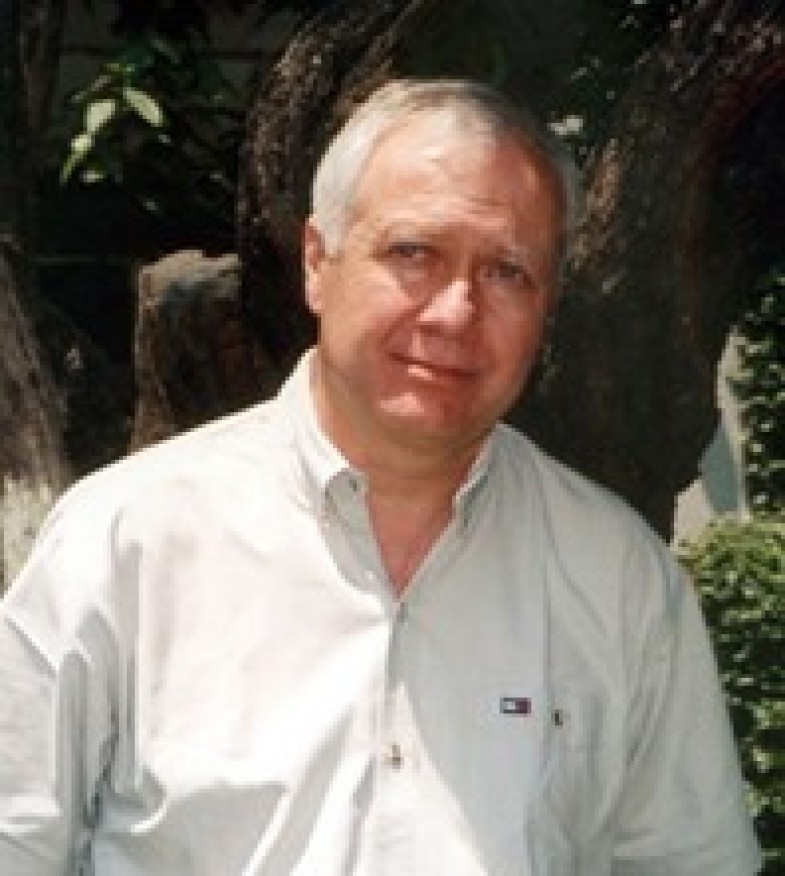COMMONS MAGAZINE

Pat Mooney paints a sobering picture of just how far enclosures of the commons are proceeding: Companies are turning all sorts of agricultural crops and even basic elements of matter into proprietary products. As executive director of the Canadian-based ETC Group, Mooney has long fought the corporate consolidation, biotechnology abuses, and wrong-minded public policies that are accelerating these enclosures.
“Industry concentration is driving a huge loss of biodiversity,” he said at a commons meeting in Germany, noting that only ten companies now control almost 70 percent of the global seed market. Three companies—Monsanto, DuPont, and Syngenta—control half of the market. This market consolidation has in turn greatly strengthened the political clout of agribusiness, wiping out traditional sustainable farming practices and overpowering efforts to regulate risky new technologies like genetic engineering.
The ETC Group also raises concerns about a number of other significant enclosures-in-progress stemming from fast-developing new technologies such as nanotechnology, which is manipulation of matter atom by atom to build microscopic materials and devices. Already Harvard University holds patents on the nanotechnological version of twenty-three elements of the periodic table, said Mooney. What happens in the future if anyone wanting to use a synthetic form of an element as common as, say, copper must get permission from Harvard or another license holder?
Even more worrisome is the fact that scientists do not really know the environmental and other consequences of altering basic aspects of our planet, such as inventing new life forms. This concern also recently led them to question proposals about geoengineering (also known as climate engineering), which involves large-scale manipulations of the earth’s environment to counteract the effects of global warming.
The commons can be a useful concept to defend against such enclosures, Mooney asserted, because it challenges the reasoning of the market paradigm that there should be no limits on the introduction of technologies nor on the power of corporations to make all the decisions regarding the future directions for science and our economy. But the public debate on these crucial issues is transformed when biodiversity, food, and the elements of the periodic table are seen as commons that belong to us all. —David Bollier
Excerpted from the book: “All That We Share: A Field Guide to the Commons”: edited by Jay Walljasper and On The Commons (The New Press).